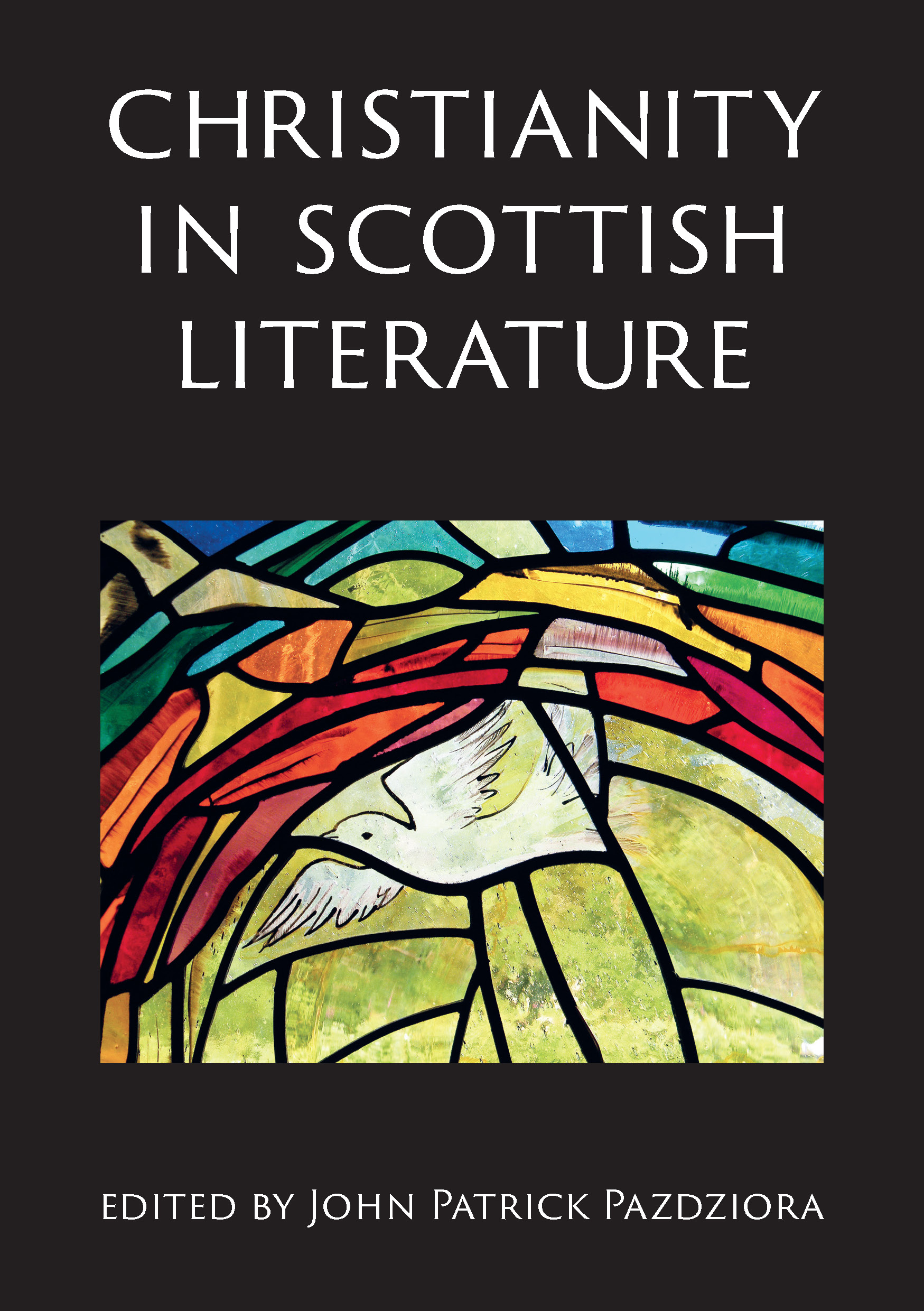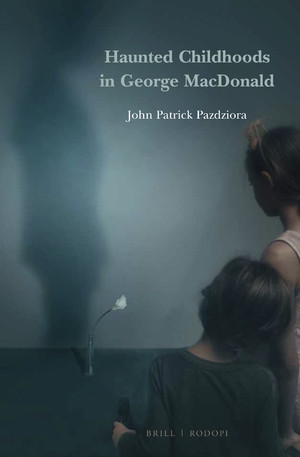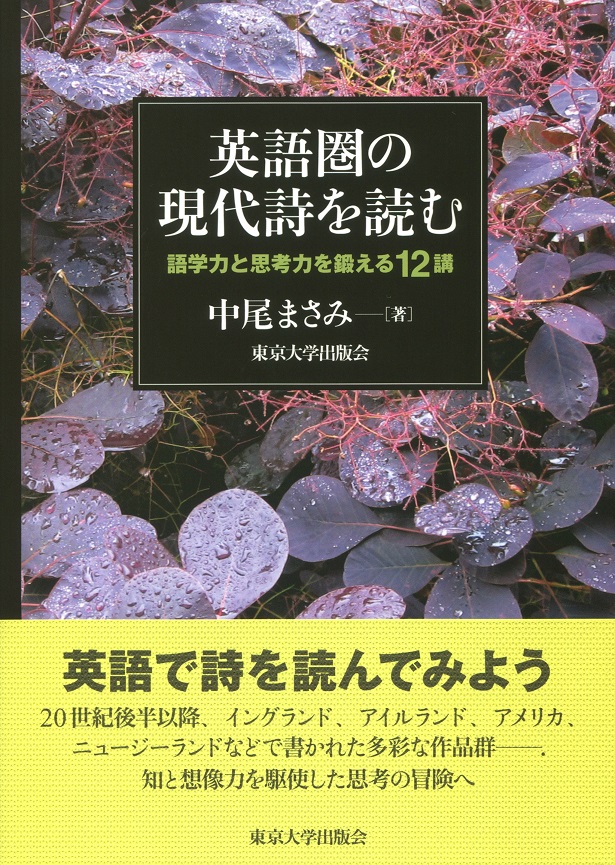
Title
ALS Occasional Papers series no. 25 Christianity in Scottish Literature
Size
340 pages, paperback
Language
English
Released
2023
ISBN
978-1-908980-37-3
Published by
Scottish Literature International
Book Info
Japanese Page
Christianity in Scottish Literature attempts to unfold the complex interweaving of Scottish writing with different forms of Christianity: ‘our multiform, our infinite Scotland’, as the poet Hugh MacDiarmid called it. In this new collection of literary criticism from the Association for Scottish Literature, fifteen distinguished scholars contribute chapters that look at texts from across Scottish literary history, from the earliest Christian monasteries to the present day. Writing in Scotland—and writing about Scotland abroad—has offered myriad formulations of religion’s central question: What does it mean to be?
Medieval Christianity in Scotland centred on sacred places for pilgrimage and devotion, perhaps most importantly the island of Iona. Texts from this era were often monastic, focussed on ritual practice, encouraging monks and nuns in their daily practice. Saints like Columba and Queen Margaret were revered for their holiness and power, with fabulous accounts of their lives colorfully describing miracles they performed in answer to prayer.
By the early modern period, the place of faith had become less certain. Writing shifted from monasteries to the royal court, where urbane poets openly pondering existential uncertainties. After the Reformation, the Scottish church splintered into several mutually hostile groupings, each trying uneasily—at times violently—to impose their specific form of Christian practice on Scotland’s peoples. Even the words of the Latin liturgy and prayers—repeated and codified through hundreds of years—were rewritten in vernacular Scots.
The 1707 Union of Scotland and England further challenged the churches’ authority. In their search for Scottish national identity, novelists and poets expressed deep scepticism towards institutionalized Christianity, even as they combined a robust humanism with radical political action. By the nineteenth century, a highly literate Scottish populace was eager for thought-provoking new books to help them understand the world and their place in it. Sermons were criticized for hollow rhetoric and empty gestures, while Gothic and fantasy fiction helped writers explore their deepest doubts and fears.
Doubt characterised twentieth-century Scottish writing, with pervasive Christianity crumbling into widespread scepticism and the birth of a pluralist society. Poets and novelists openly rejected the churches and sought to find spiritual meaning elsewhere. For some, this meant a turn toward the Buddhist idea of non-self. For others, it meant a recreation of medieval Christianity and the veneration of saints. Still others found meaning in pre-Christian beliefs, the cherishing of sacred wells and faerie hills offering wisdom for the ecological devastations of the postmodern world.
As the chapters in this book show, looking at Scottish Christianity through Scottish literature is like looking into a kaleidoscope. There is no single image but shifting points of movement and brightness, forming a whole which is not whole. It is like looking, as McDiarmid wrote, at ‘God, through the wrong end of a telescope’—infinity refracted to an instant. For Scotland, Christianity may no longer be the single answer to the question of being, but it has left deep in Scottish culture a hope that answers can be found.
(Written by John Patrick Pazdziora, Project Assistant Professor, Center for Global Education / 2023)
Table of Contents
Introduction: The Wrong End of a Telescope (John Patrick Pazdziora)
1. Relic, Text, and Practice in Adomnán of Iona’s Vita Sancti Columbae (Duncan Sneddon)
2. ‘Mater Sanctissima’: Sanctity and Motherhood in the Miracula of St Margaret of Scotland (Claire Harrill)
3. Liturgy and Literature in Late Medieval Scotland: Continuity and Discontinuity (David Jasper)
4. Post-Reformation Developments in Kirk Attitudes to Scottish Theatre (Ian Brown)
5. Eccentrics as Spokespersons for Tobias Smollett on Religion (J. Walter McGinty)
6. A Working-Class Poet from the Eastern Border: Robert Davidson (1778–1855) (Barbara Bell)
7. Walter Scott’s Religious Discourses (J. H. Alexander)
8. ‘The Sermon Pump’: Failed Preachers in George MacDonald’s Fiction (John Patrick Pazdziora)
9. Margaret Oliphant in a Land of Death: Representations of Other-Worlds in Nineteenth-Century Scottish Writing (Rebecca McLean)
10. ‘If Heaven is a’ that man can dream’: Religion and Scottish Poetry of the First World War (Silvia Mergenthal)
11. Approaching God in Scottish Renaissance Poetry (Dominique Delmaire)
12. George Mackay Brown and the Disenchantment of Orkney (Linden Bicket)
13. A Post-Religious Incarnation in Alan Warner’s Morvern Callar (Mike Kugler)
14. Edwin Morgan’s Last Things: Eschatology and his Post-Millennial Poetry (James McGonigal)
15. God, War, and the Faeries: Mentoring and Carrying Stream in Writing Poacher’s Pilgrimage (Alastair McIntosh)
Notes on contributors
Index
Biblical References
Related Info
Review by Ruth M. DUNSTER (Theology in Scotland 30:1 pp. 87–92 2023)
https://doi.org/10.15664/tis.v30i1.2584
Invited Lecture:
“‘God, through the Wrong End of a Telescope’: Christianity in Scottish Literature.” (United Diocese of Glasgow and Galloway, Scotland 19 May 2022)
https://youtu.be/p-NQ872NYQw?si=QH6GiaeFBLeCBtKw



 Find a book
Find a book



